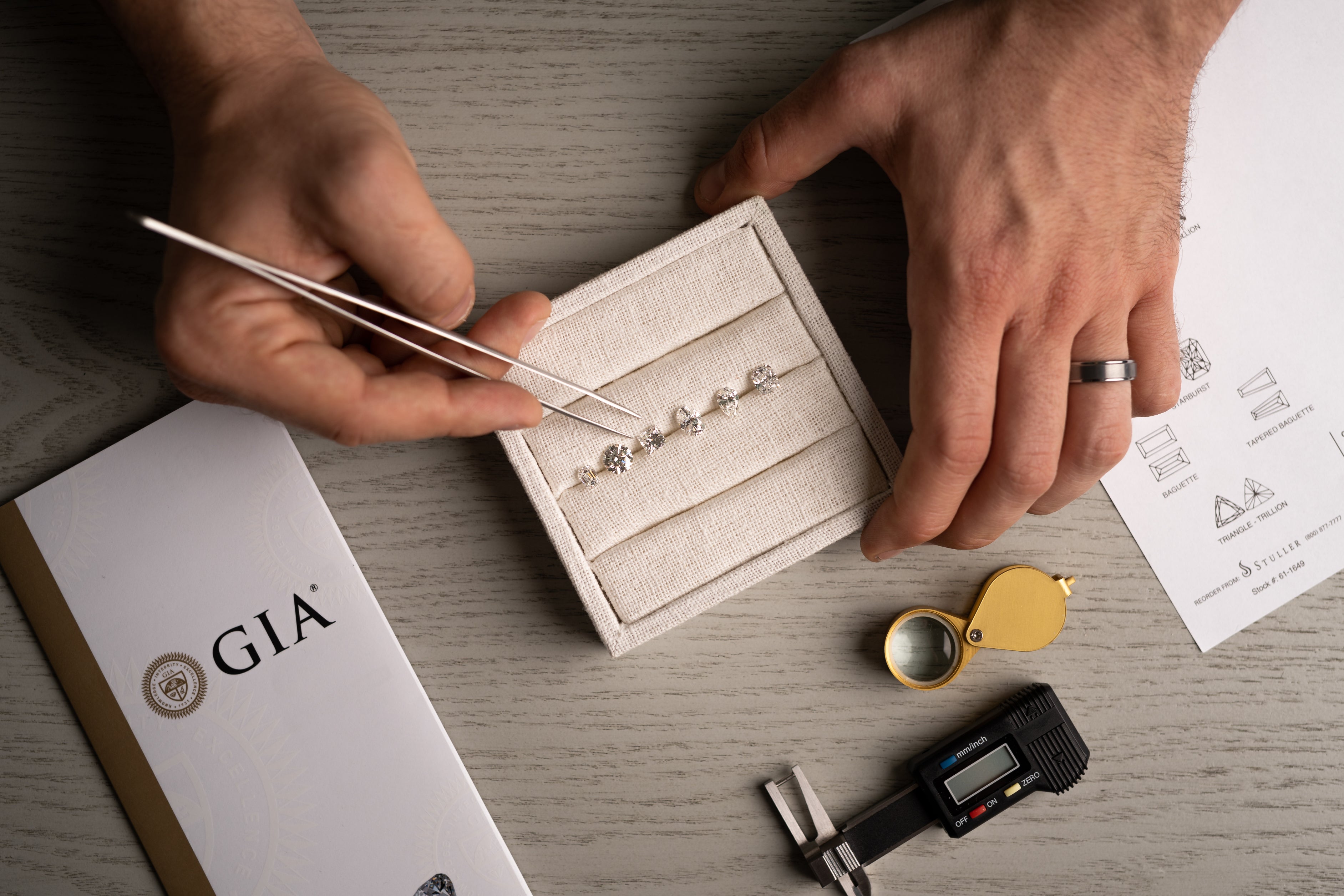
Why is GIA Certification So Important?

Before buying that once-in-a-lifetime engagement ring, bracelet or necklace from your local jeweler, you will want to make sure it is the quality that it is being represented as. Unfortunately, there is a lot of inflated grading within the diamond business. This also pertains to certain diamond grading laboratories who can be anywhere from 1-5 grades off on attributes such as color and clarity. The reason they do this is because they feel the unsuspecting consumer will look at the shiny laminated certificate from ABC laboratory (example) and take the information as factual. It isn’t the consumer’s fault; it is something that needs to be corrected in the diamond business, and there are some very recent and concerted efforts to alleviate this problem.
When it comes to diamond grading laboratories, there is only one in the jewelry business that truly matters. That laboratory is the GIA (Gemological Institute of America) or more commonly known as GIA. GIA invented most of the systems in use today to grade the 4 C’s of diamonds, and they are completely unbiased in their grading process. This is why they are the most widely respected and only trusted source when one wants to know exactly the quality of a diamond.
Those in the diamond or jewelry business submit their product to GIA in order to obtain a certificate that outlines all of the important attributes pertaining to a particular diamond. This is done for a few reasons. One of the reasons is that diamonds are priced according to their quality. The difference in price between an F color diamond and a G color diamond or an SI1 clarity and an SI2 clarity can be a substantial amount. The other reason is that having the GIA certificate takes the person selling it out of the equation in the sense that it doesn’t matter what he or she says a particular diamond should be graded. We like to refer to GIA as the Supreme Court of Diamonds because they are the highest body and have the final say in the diamond business land. For better or worse, the grades a diamond receives from GIA are the grades that belong to that diamond.
Does that mean that a diamond without a GIA certification is a bad diamond? Not at all. There are plenty of beautiful diamonds that do not have GIA Certification. If you think about it, every diamond was uncertified by GIA before it was sent off to their laboratory. If all the diamonds available for sale were the best ones with a GIA certificate, then GIA would go out of business due to lack of diamond submissions. Also keep in mind that a GIA certificate does not make the diamond better or worse. It just tells you exactly what its attributes are. If a diamond you are considering does not have a GIA certificate, then it is up to you to ask the jeweler if he or she is grading by their standards. If they say yes, then tell them that after purchasing, you plan to send the diamond to GIA. Ask if they will provide a refund if it receives more than one grade off negatively for color and clarity. We allow a 1 grade margin of error because jewelers are not in a laboratory setting and therefore it can be difficult to know exactly what GIA will grade a diamond. However, the majority of those in the jewelry business possess the knowledge to come within 1 grade. For example, if you are told a diamond is a G color and it comes back from GIA as an I color, then you would have a legitimate reason to be unhappy. You will know if what you plan to purchase is what you are being told it is based on the response you receive to this question.
Gia-Certificates
It is very uncommon to find a GIA certificate on diamonds that are smaller than 0.50ct or a 1/2ct. Also keep in mind that the majority of the time GIA certificates will not accompany particular items like earrings and tennis bracelets. The reason is due to the cost associated with certifying a diamond. This includes not only the cost for grading, but shipping and insuring diamonds sent off to GIA’s laboratory. If a jeweler wanted to make a tennis bracelet with fifty 0.20ct diamonds, it would be extremely costly to have each one of those certified and those costs would be passed on to the consumer. With that being said, you will still want to make sure the grades assigned to these diamonds are accurate and correct. If you have any doubts you can always get a second opinion. Most cities have an independent jewelry appraiser who does not buy or sell jewelry. You will want to seek out one of these types of independent appraisers because they will not look to knock another jeweler’s product with the hopes of your returning the item so that they can get the sale. Yes, this unfortunately happens quite often which is why you want to make sure the appraiser is independent.
The next time you are in the market for a diamond you can utilize this knowledge to ensure you are receiving exactly what was promised to you. Those who sell diamonds should do their very best to grade by GIA’s high standards when a diamond is not accompanied by one of their certificates. Brilliance in Diamonds – The Engagement Specialists will not sell any diamond with a certificate from a laboratory other than GIA, and we strive to grade as strict or stricter when one is not present.
 Visit Our Store
Visit Our Store

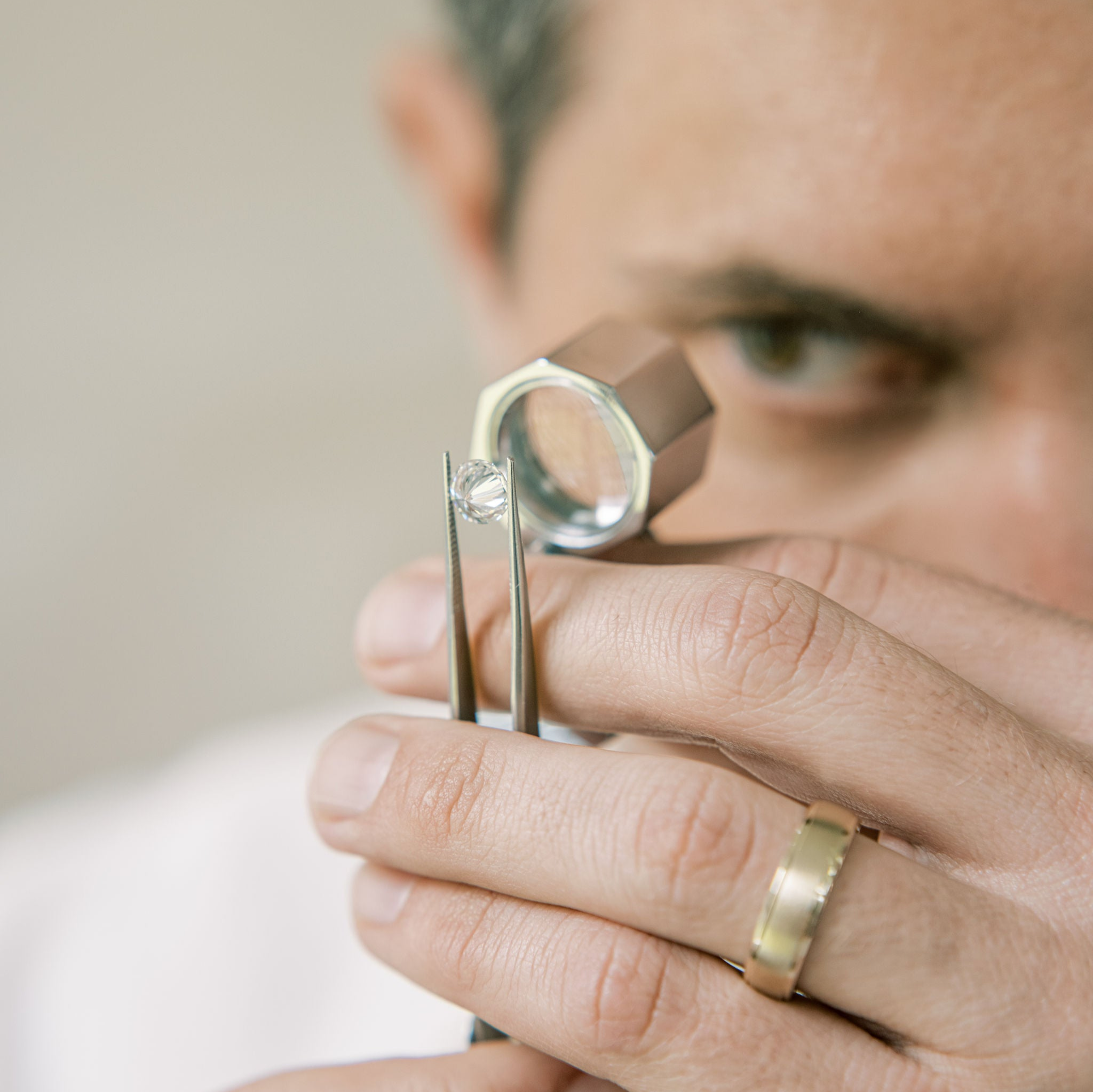
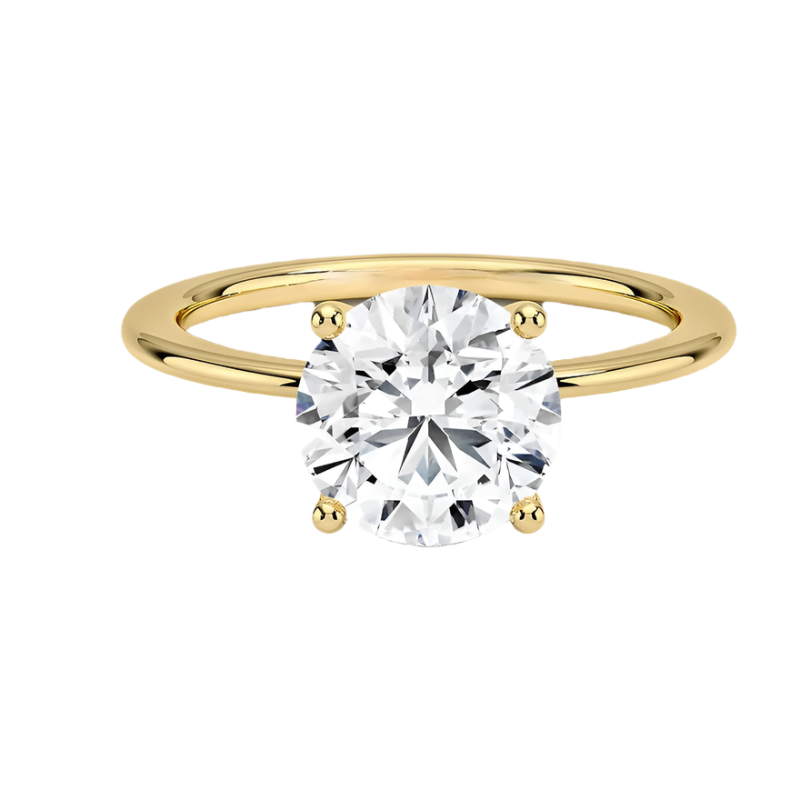
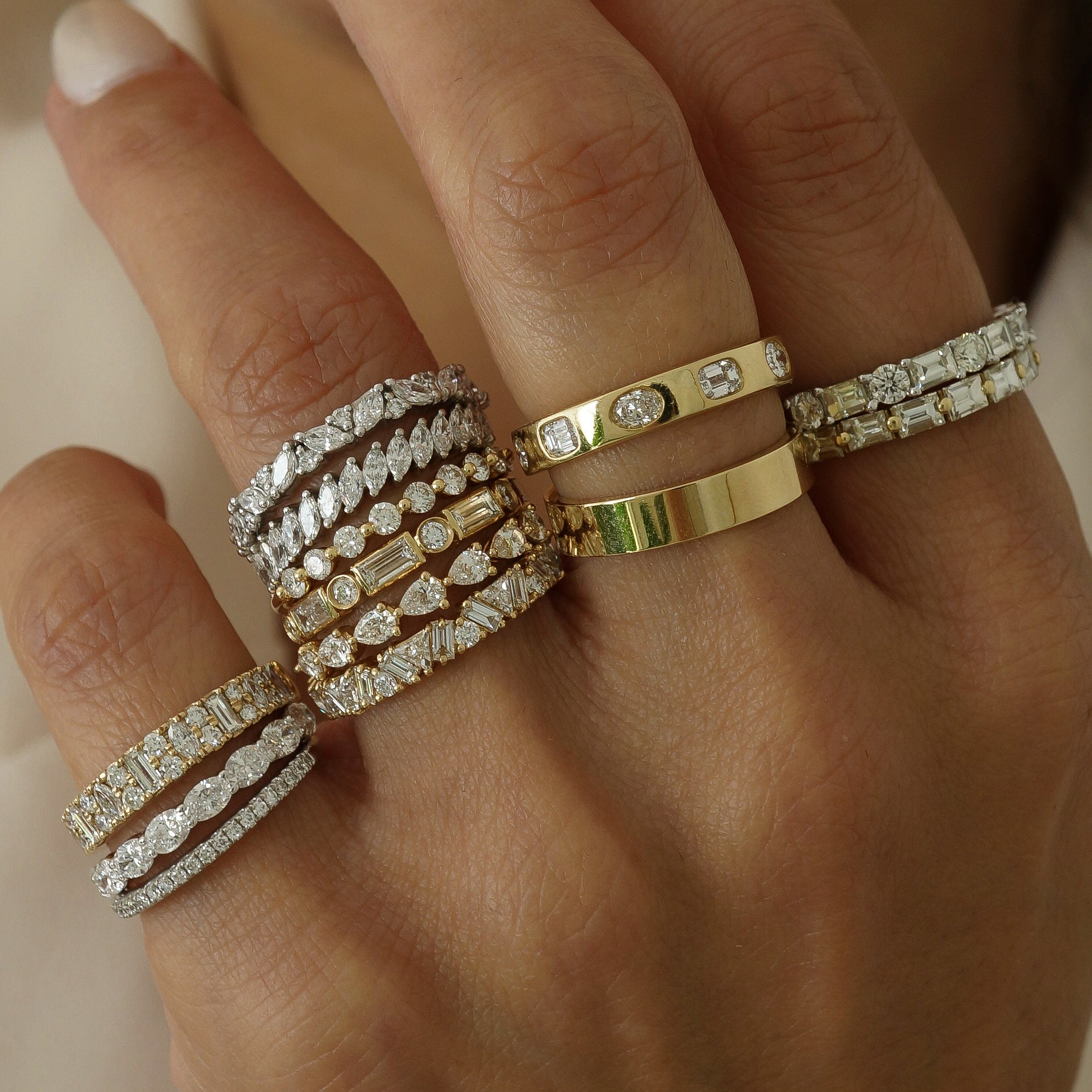
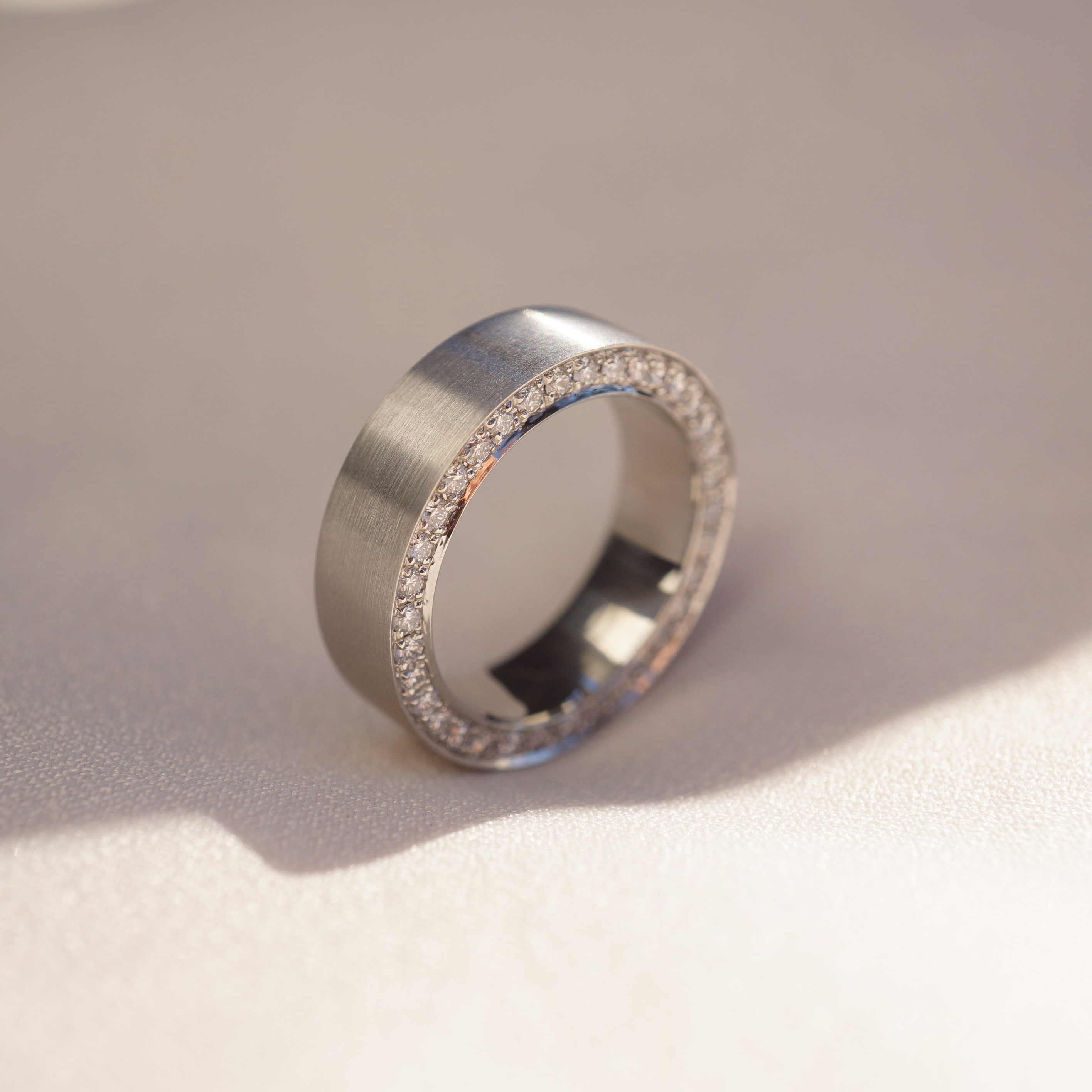
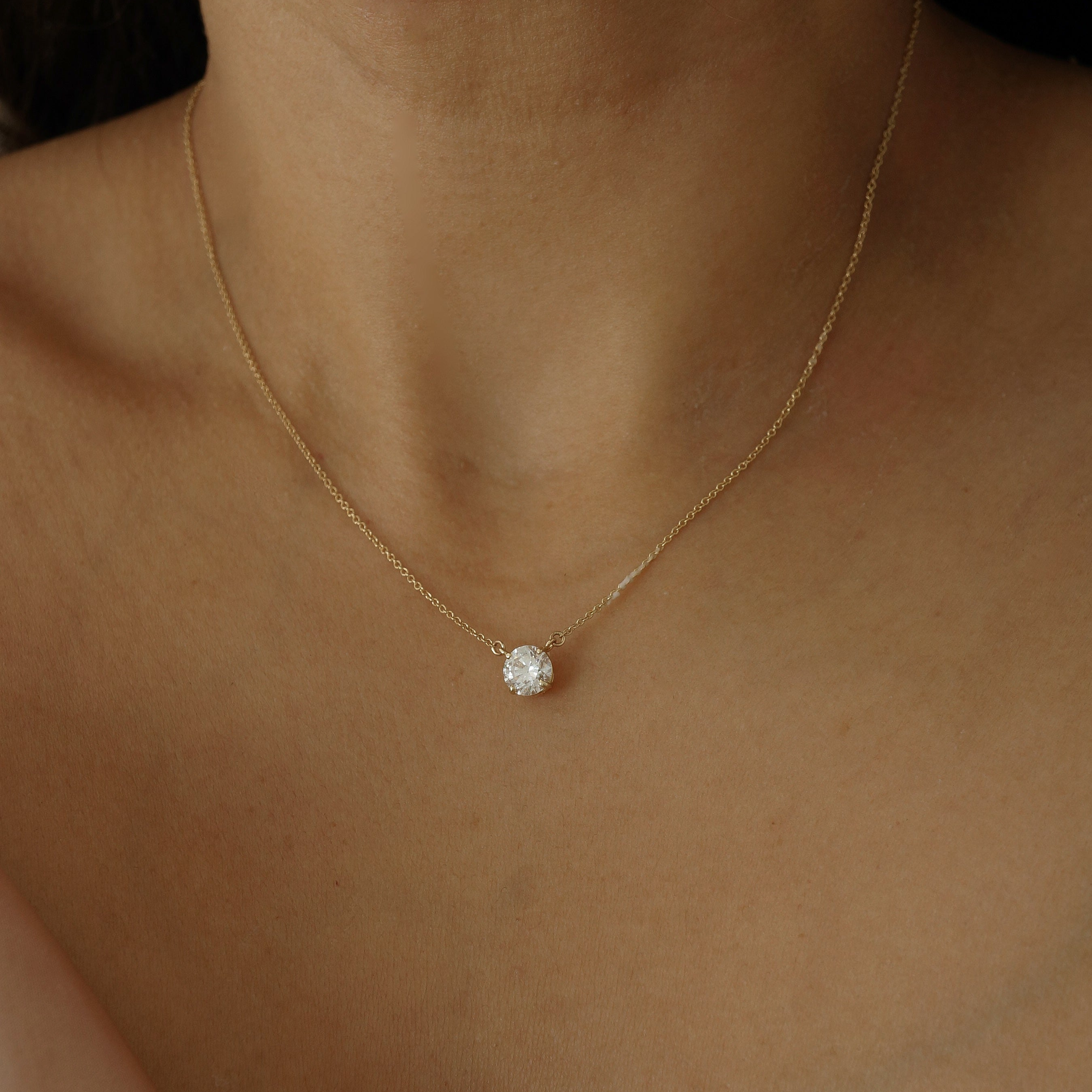
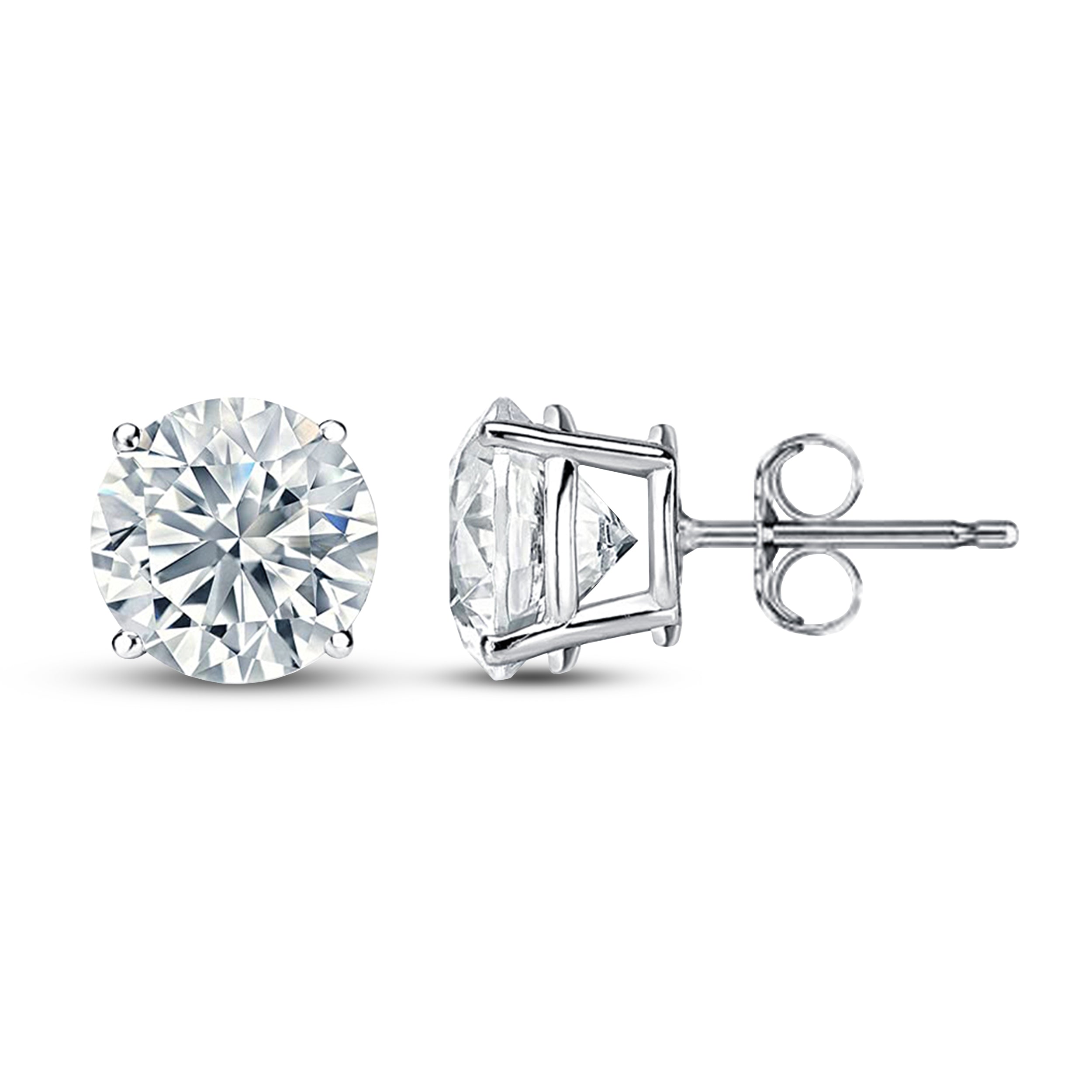
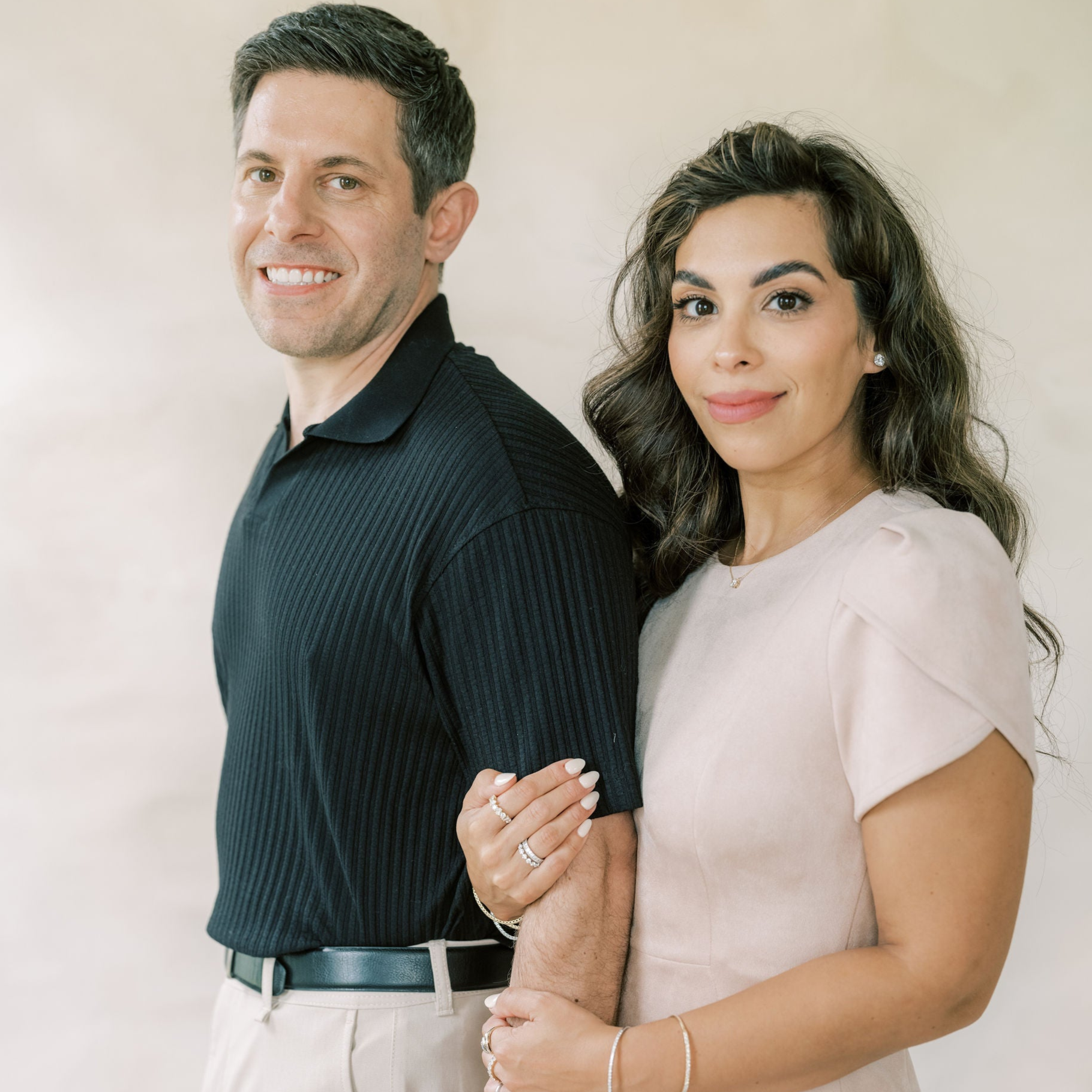

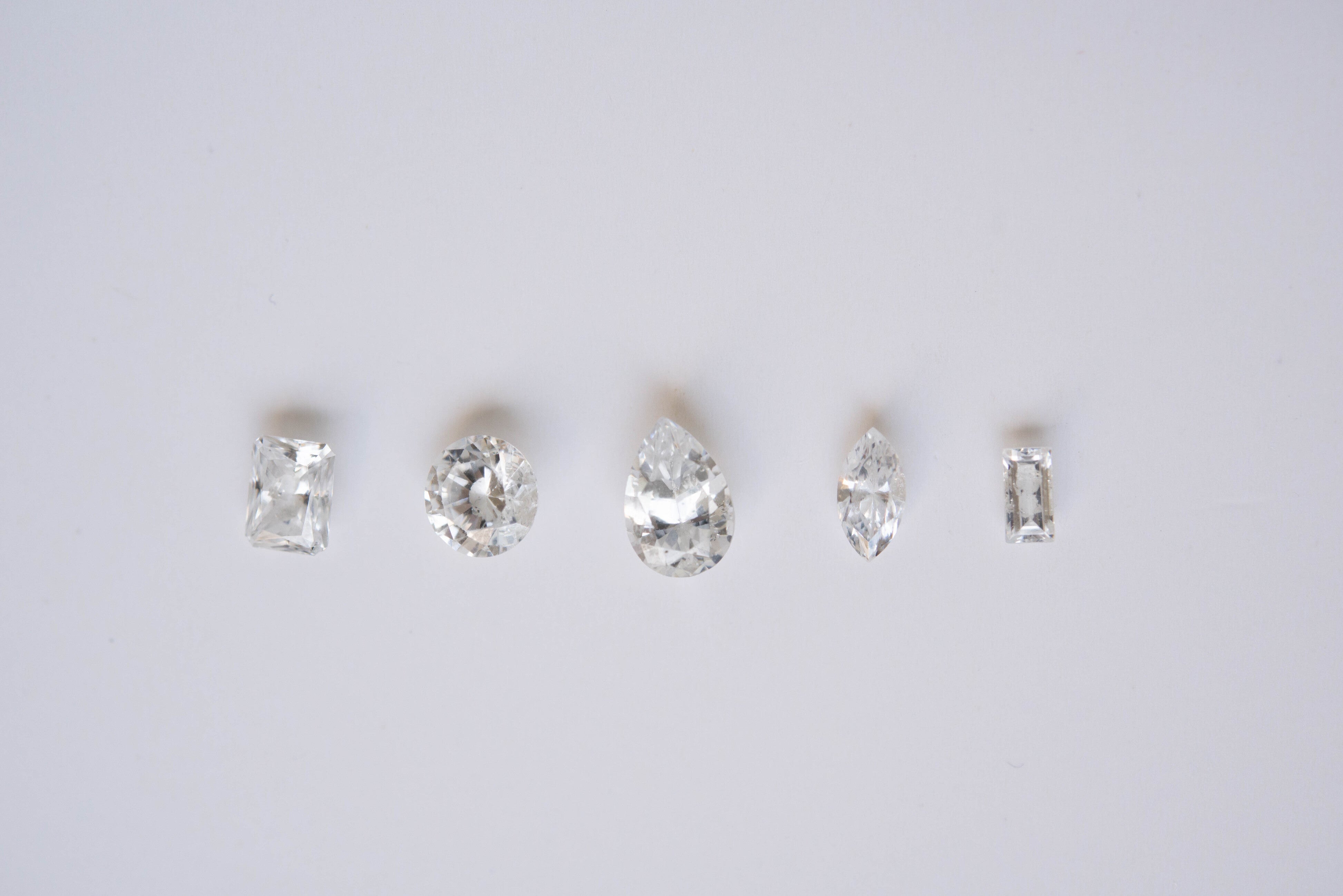
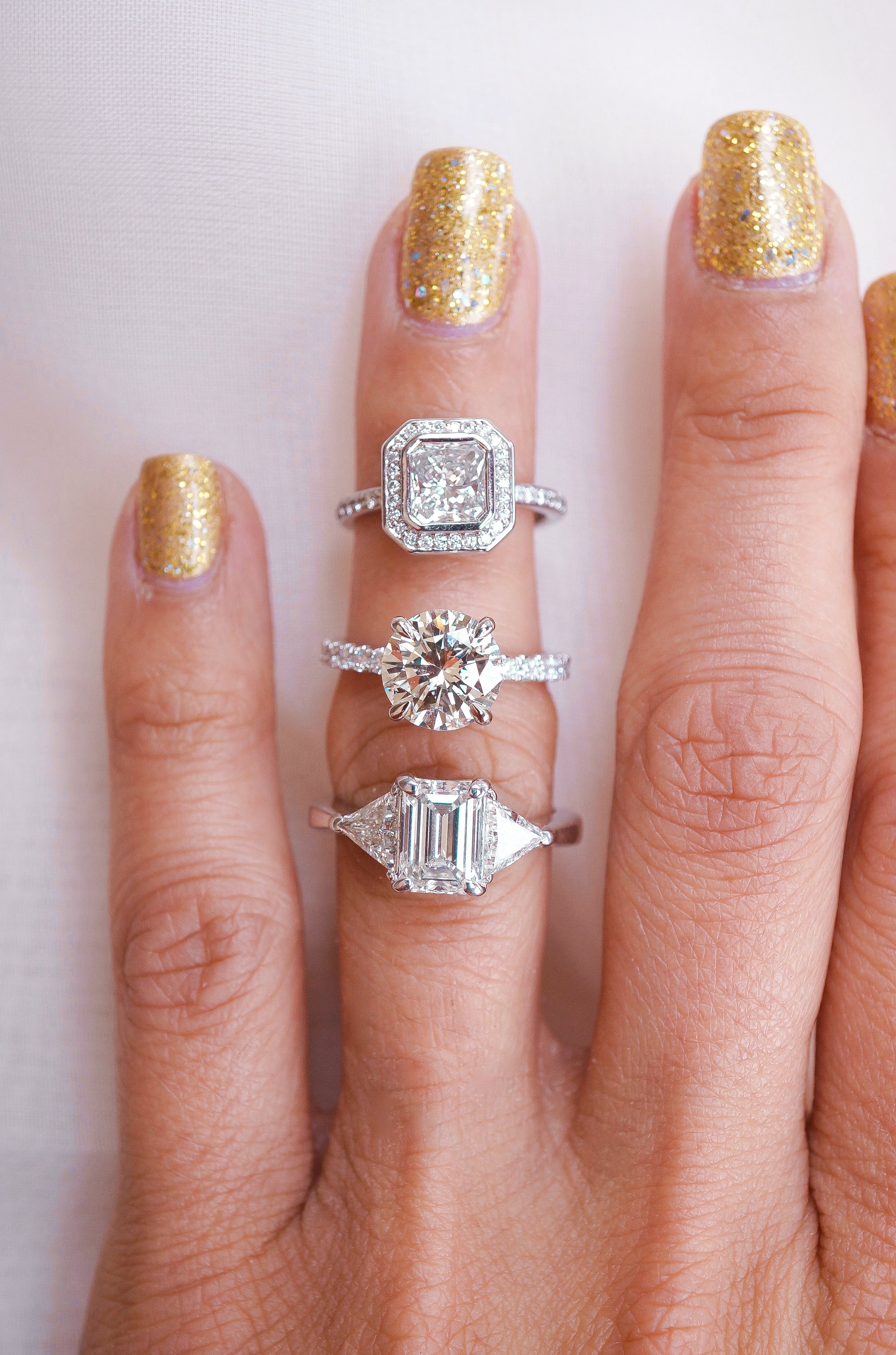
1 comment
Now, Spin Casino has become a go-to platform for gamblers in Canada. To access the official site securely, simply use the verified link here — Experience the Spin Casino Canada app with low-data streaming and intuitive touch controls
. With hundreds of premium slots, a easy-to-use layout, and local Canadian banking, the casino continues to excel in the online gaming space.
“Spin live dealer tables and hit major rewards instantly!”
Registering at Spin Casino is straightforward. Just visit the official page, then tap Register, add your basic info, confirm your email, and finally top up your balance to start playing immediately.
“Join in a minute and unlock the offer!”
The first-time reward at Spin Casino allows Canadian users to boost their balance right away.
• first deposit match up to C$400.
• Extra Rounds on selected games.
• VIP Rewards — unlock higher tiers for regular gameplay, gaining exclusive perks.
“Double your first deposit to explore more games!”
BrandonSum
Leave a comment
This site is protected by hCaptcha and the hCaptcha Privacy Policy and Terms of Service apply.